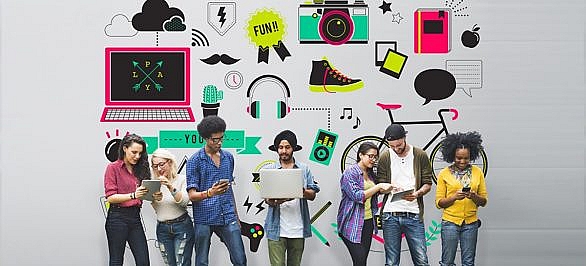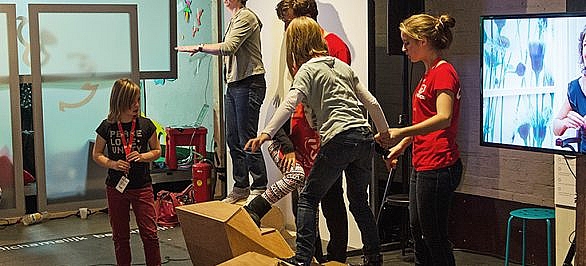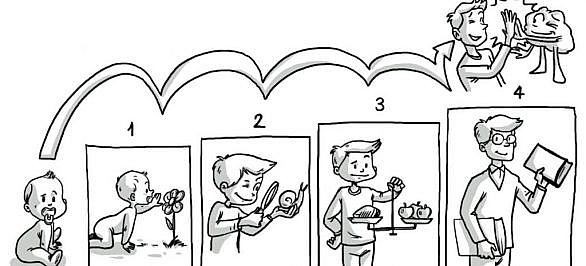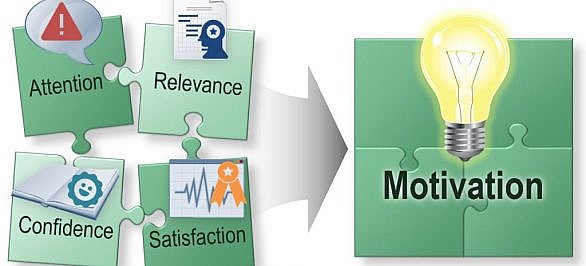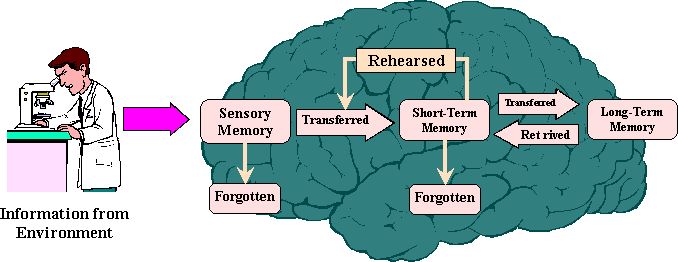In the broadest sense, the field of instructional design and technology (IDT) was once labeled as educational technology and technology-enhanced learning by a wide range of field experts. This term, however, is known as the integration of media for instructional goals. The internet, for example, is used to redesign instruction and enhance learning and teaching. Some scholars, including Reiser (2007), by contrast, emphasized that the scope of the field cannot be explained by the term educational technology. The IDT, rather,
…Category: Cognition
Despite almost a century of methodological investigation over the appropriate pedagogical approach, Western education is still founded on conventional concepts based on mentalistic notions, which isolate the mind from the body. At school, students receive instruction while staying passive and observing the ongoing instructional process. The purpose of this article is to introduce embodied learning as a counter-norm to mentalistic schooling.
Embodied learning
The theory of embodied cognition underlines the connections between the mind and body as being an integral
…Situated learning refers to the fact that context is of great importance in learning and teaching. When learners are familiar with the context, they can better understand new information and make connections to prior experiences. Similarly, when a suitable schema is not engaged, learners have trouble understanding the learning contents and are compelled to remember or learn by rote. That is why; it could be said that learners cannot apply what they know to the field.
Situated learning also
…According to Jean Piaget’s theory of cognitive development (1936-50), children’s brain evolves through time. A kid’s cognitive growth entails more than simply collecting information; the youngster must also create or build a mental picture of the world. Children go through a variety of phases as their cognitive development is influenced by their intrinsic abilities and surrounding experiences. This biologic maturation is categorized as follows:
- Sensorimotor stage (0-2): Object permanence
- Preoperational stage
Jerome Bruner was a key figure in the development of Discovery Learning which is based on cognitive psychology and described as a method
…Motivation is a controversial concept as it is not possible to measure it directly. According to psychologists working in the field of education, motivation is a term that highlights the process of using our energy to conduct purposeful behavior (Wlodkowski, 1989). There are several definitions of motivation. The majority of these definitions are divided into two groups: physiological and psychological definitions. However, In the broadest sense, motivation refers to the process in which individuals interact with the environment in a
…In cognitive psychology, humans are seen as a data processor, similar to how a computer receives data and processes it according to a program to generate an
…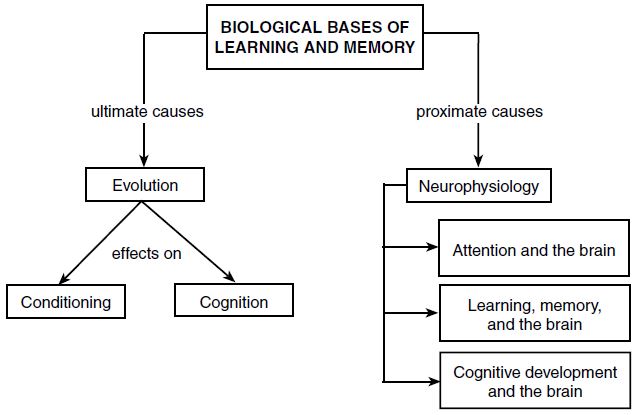
Psychologists have long been discussing the biological bases of learning and memory. This could also be referred to as the effect of nature vs nurture on learning. They looked for
…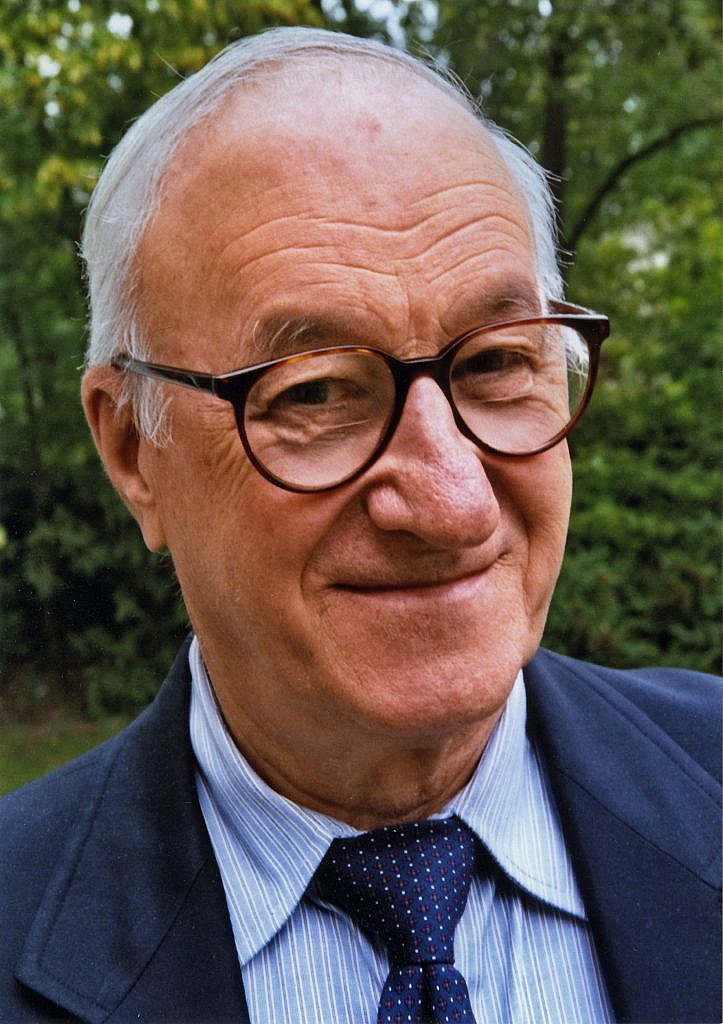
Albert Bandura’s social learning theory stresses the necessity of monitoring, modeling, and imitating the behaviors, attitudes, and affective states of people. When it
…